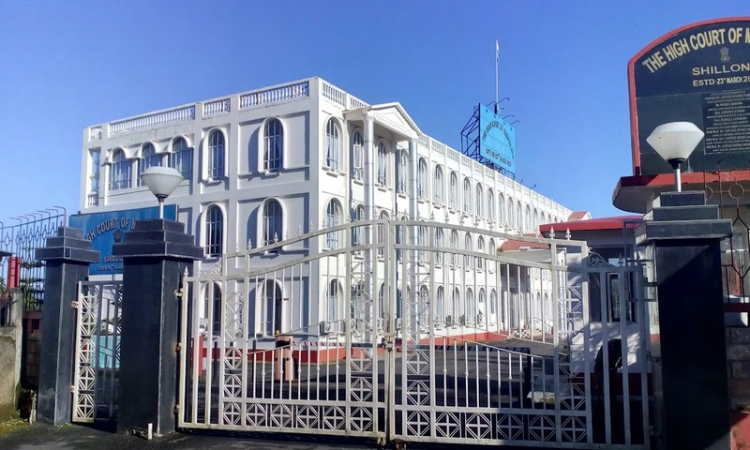Disciplinary Proceedings Can Be Quashed In Entirety Only When 'Show-Cause Notice' Is Bad: Meghalaya High Court
Jyoti Prakash Dutta
23 March 2022 9:45 AM IST

Next Story
23 March 2022 9:45 AM IST
In an interesting judgment, a Division Bench of the Meghalaya High Court comprising of Chief Justice Sanjib Banerjee and Justice W. Diengdoh ruled that 'disciplinary proceedings' should be sparingly quashed in their entirety, only when the 'show-cause notice' leading to such proceedings is bad. In other words, they should only be quashed in their entirety, when the proceedings were bad...
